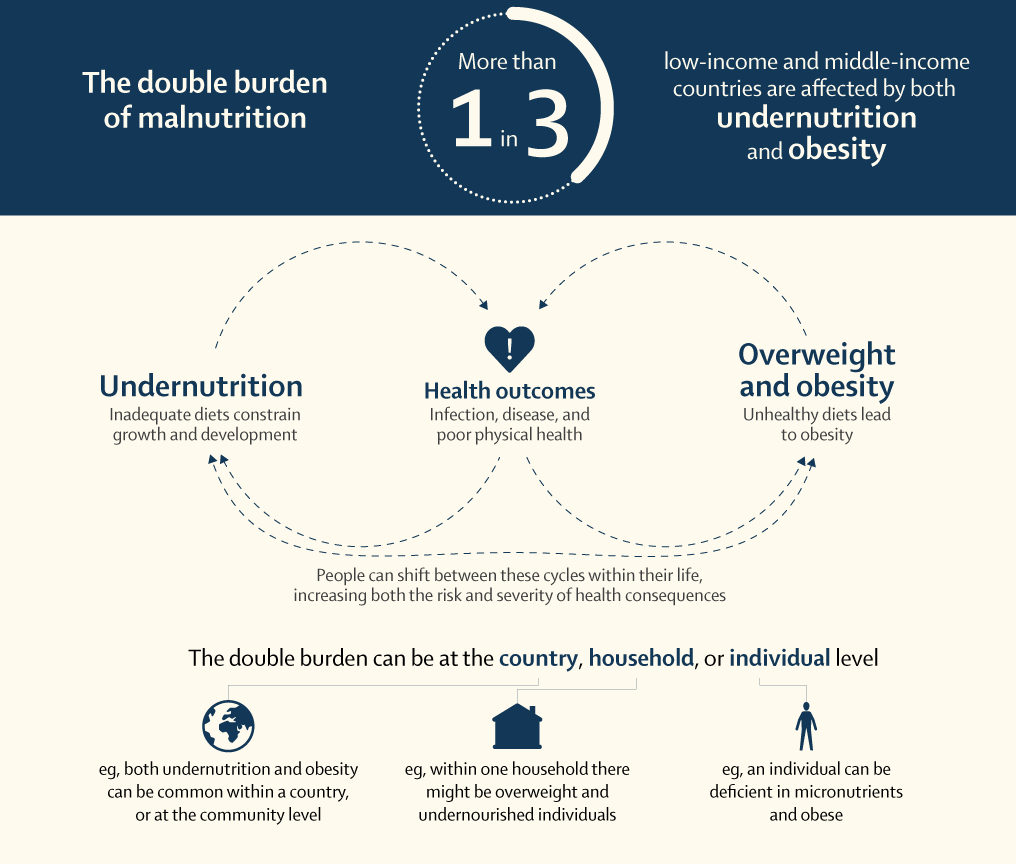“Maybe working on the little things as dutifully and honestly as we can is how we stay sane when the world is falling apart.”
— Haruki Murakami
This quote by Murakami really speaks to researchers and scientists: Keep focused. Crowd out the noise. Discover. Be dutiful and honest.
But as Tony Fauci, head of the National Institutes of Infectious Disease of the United States gets the cold shoulder from our dear Potus, with attempts to undermine his evidence-based warning calls of a worsening COVID-19 pandemic here in America, it is hard to ignore the last part of that quote - the falling apart bit.
As researchers, we often keep our heads down and dig deep into the details with laser sharp focus to keep generating data and evidence for the greater good of science and knowledge. But we can no longer sit quietly behind our benches and laptops and blissfully hope that someone, anyone, will read that peer reviewed paper that you just published in Journal X. We need to be attuned to the political climate.
Speaking of publications, I was asked to contribute to an exciting, upcoming Johns Hopkins University Press publication COVID19 and World Order. In my piece, I make a series of technical recommendations on what it would take to achieve resilient food systems and potential measures to address our current pandemic and avoid catastrophic future zoonotic pandemics. I bring up this publication because none of the recommendations to fix food systems I made in the paper will stand on two legs with the current fractured and sclerotic global political enabling environment. In order for food systems to function effectively, equitably, and sufficiently during the pandemic and long after, the political environment must be one that embraces global cooperation and inclusion and minimizes political polarization and geopolitical competition. And we, as scientists and researchers, cannot remain silent, disengaging from the political process, however dismal it may be.
Politics matter for the world and for science, and now more than ever. Frank Fukuyama wrote: “Countries with dysfunctional states, polarized societies, or poor leadership have done badly, leaving their citizens and economies exposed and vulnerable.” It is not surprising that states led by populist, inward-facing leaders such as the United States, Brazil, and Mexico are not sufficiently addressing the pandemic. This has led to dire consequences for the citizens living in these countries with many who are struggling with food insecurity and high COVID-related morbidity and mortality.
The COVID-19 response has also displayed the weaknesses of the multilateral system and existing institutions. Within this, the “global food architecture” is often slow, outdated and needs 21st-century support and strategic know-how. One of those entities - the World Health Organization - has tragically and sadly just lost its support from the United States during a time in what may be one of the most crucial global health issues of the century. Multi-lateral cooperation looks perilous and science and the data that it bears is being undermined.
However, cooperation can happen in times of crisis - we have seen it before. Perhaps the UN Food Summit in 2021 can be a moment to create a global strategy for food governance that is nimble, modern, and inclusive, backed by an Intergovernmental Panel on Climate Change-like body that provides evidence and science to support actions.
As the Editor-in-Chief of the Global Food Security Journal, my co-editors and I share our perspectives on the food security challenges that face humanity and lay out our vision and call for stronger food systems research and science in the 2020s. I think this piece comes at a critical moment in food policy with COVID and climate change, because the challenges and opportunities for food systems research that lay ahead are significant, requiring that high-quality science be translated into policy faster than ever before.
“Our vision is one in which research and science, and the evidence stemming from their application, not only inform food and environmental policy, but are adopted and mainstreamed into actions at the national, regional, and global levels.”
In the paper, we write: “At a time when facts, science, and evidence are under ever greater scrutiny, and even openly disregarded as suspect by some political and business leaders, the rigors of research have never been more critical. It is also important not to become disheartened by the slow speed of change in policy and practice, even when the appropriate course of action is clear ‘to us.’ Research can and does bring about wholesale changes in attitudes, political thought, and action, but change takes time.”
We argue that the food systems have transformed, but with that transformation, we are left with profound and widening gaps to address sustainability and equity. These gaps will make future food security and continuity of life on the planet difficult to say the least. As researchers, we will have to fill in those gaps to ensure we meet the demands of a growing population sustainably while co-existing in amity with the planet.
We also need to find the stitched pockets of progress and small glimmers of hope as the basis of our knowledge to move forward - dutifully and honestly.

